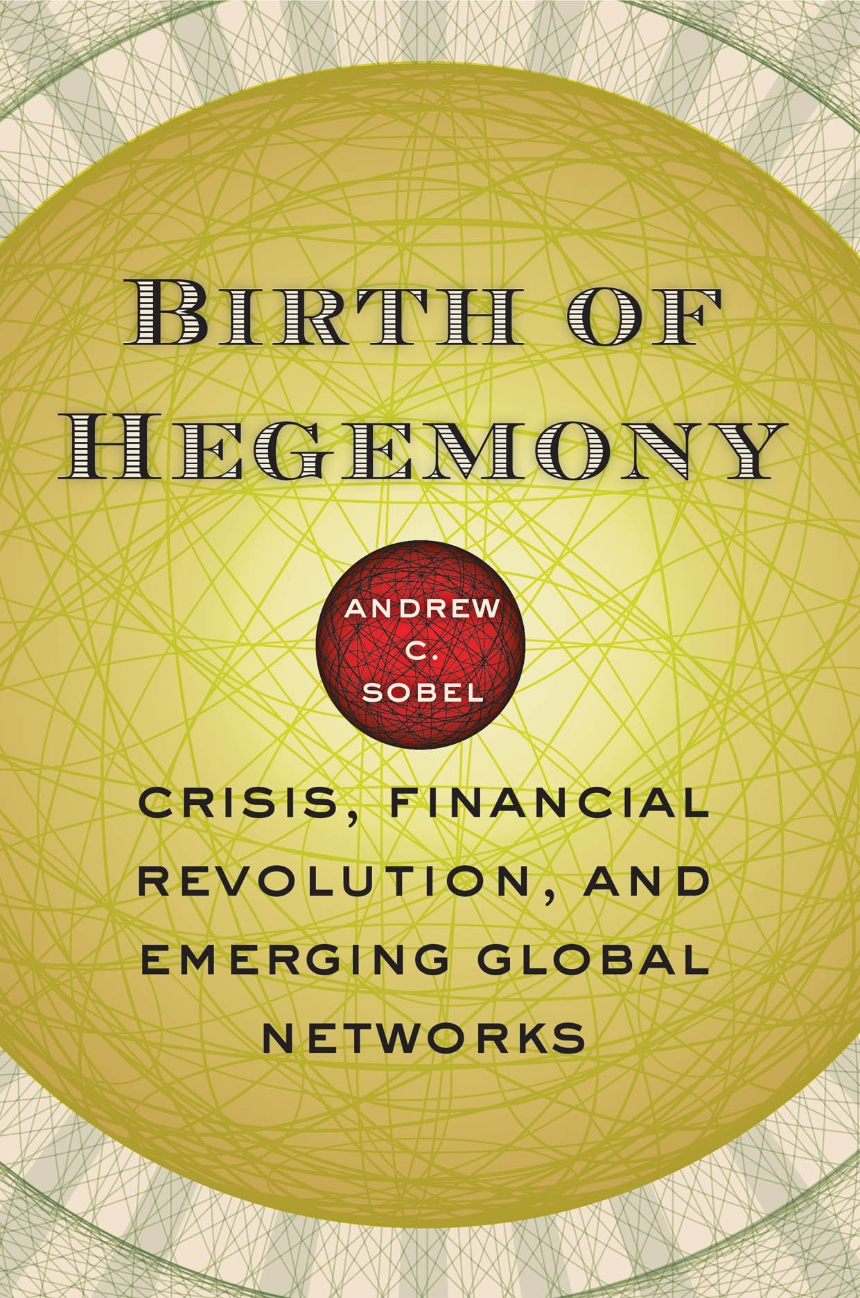Birth of Hegemony
Crisis, Financial Revolution, and Emerging Global Networks
9780226767604
9780226767598
9780226767611
Birth of Hegemony
Crisis, Financial Revolution, and Emerging Global Networks
With American leadership facing increased competition from China and India, the question of how hegemons emerge—and are able to create conditions for lasting stability—is of utmost importance in international relations. The generally accepted wisdom is that liberal superpowers, with economies based on capitalist principles, are best able to develop systems conducive to the health of the global economy.
In Birth of Hegemony, Andrew C. Sobel draws attention to the critical role played by finance in the emergence of these liberal hegemons. He argues that a hegemon must have both the capacity and the willingness to bear a disproportionate share of the cost of providing key collective goods that are the basis of international cooperation and exchange. Through this, the hegemon helps maintain stability and limits the risk to productive international interactions. However, prudent planning can account for only part of a hegemon’s ability to provide public goods, while some of the necessary conditions must be developed simply through the processes of economic growth and political development. Sobel supports these claims by examining the economic trajectories that led to the successive leadership of the Netherlands, Britain, and the United States.
Stability in international affairs has long been a topic of great interest to our understanding of global politics, and Sobel’s nuanced and theoretically sophisticated account sets the stage for a consideration of recent developments affecting the United States.
296 pages | 1 line drawing, 4 tables | 6 x 9 | © 2012
Economics and Business: Economics--International and Comparative
Political Science: Diplomacy, Foreign Policy, and International Relations, Political and Social Theory
Reviews
Table of Contents
Acknowledgments
Chapter 1 A Framework for the Development of Hegemonic Capacity
Chapter 2 Key Collective Goods for Hegemonic Capacity and Their Microfoundations
Chapter 3 The Dutch Revolt and Rise of Dutch Leadership in the 1500–1600s
Chapter 4 Creating a Financial Foundation for British Leadership in the Global Arena
Chapter 5 The Interwar Years, 1920–1930s: Was the United States Capable?
Chapter 6 US Leadership after World War II
Chapter 7 The Future of US Leadership in the Twenty-First Century and Potential Successors
Chapter 2 Key Collective Goods for Hegemonic Capacity and Their Microfoundations
Chapter 3 The Dutch Revolt and Rise of Dutch Leadership in the 1500–1600s
Chapter 4 Creating a Financial Foundation for British Leadership in the Global Arena
Chapter 5 The Interwar Years, 1920–1930s: Was the United States Capable?
Chapter 6 US Leadership after World War II
Chapter 7 The Future of US Leadership in the Twenty-First Century and Potential Successors
Epilogue
Notes
References
Index
